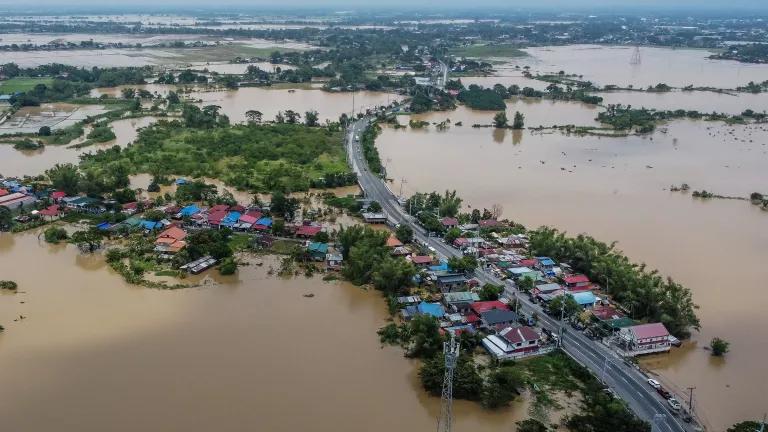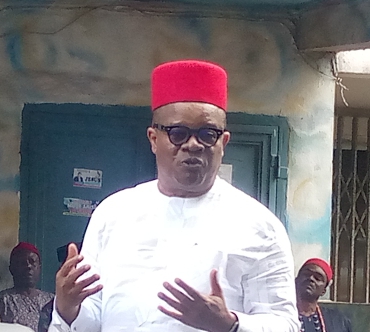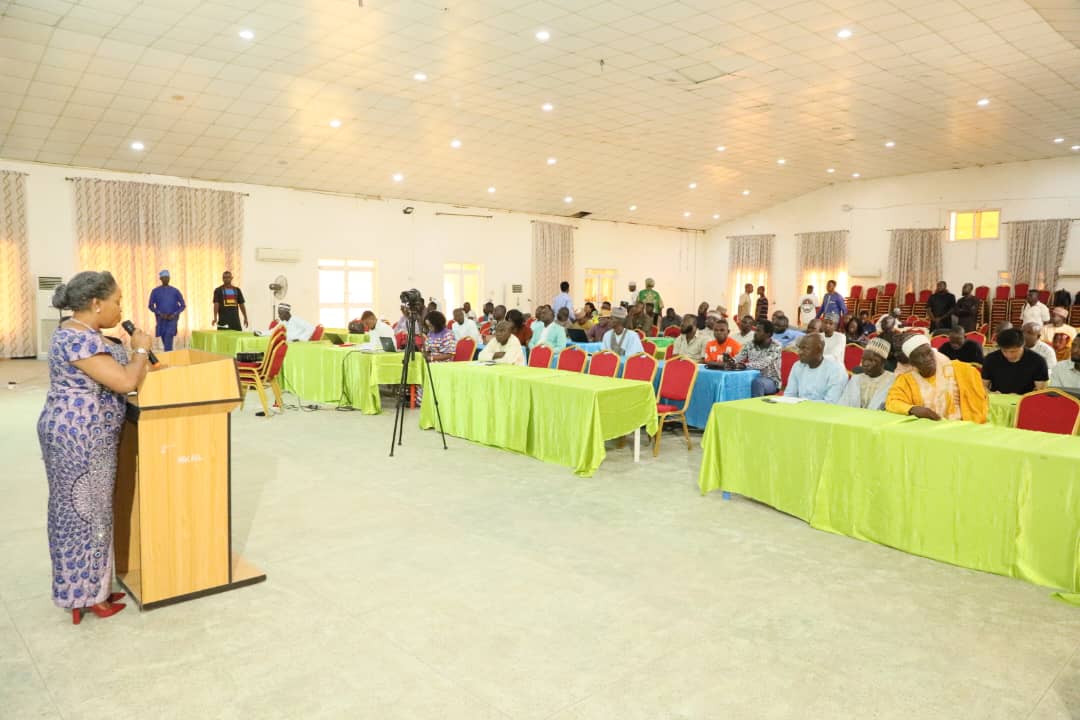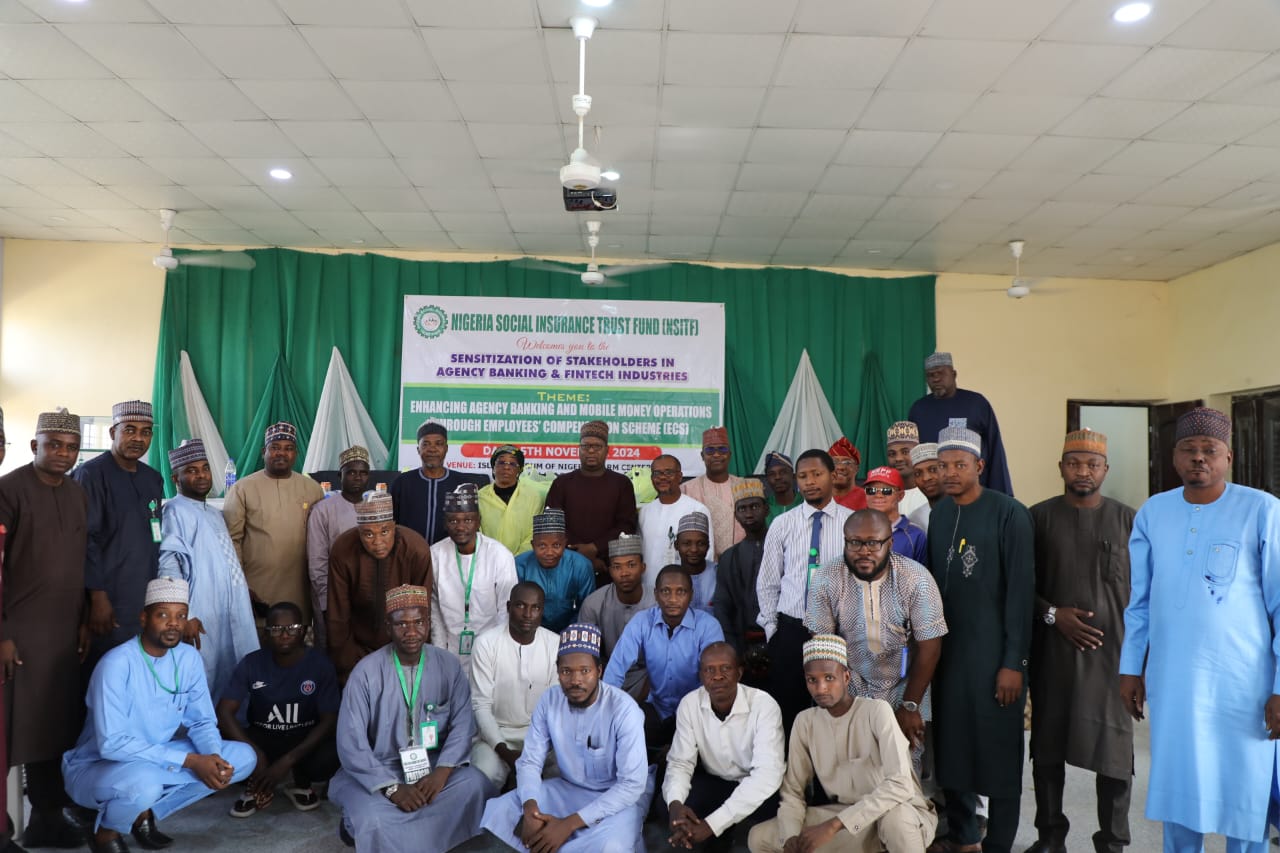2024 WED: climate Change will Jeopardizes Sustainability, Ecosystems, Prosperity of Future Generations, If Measures Ignore – Say’s FG
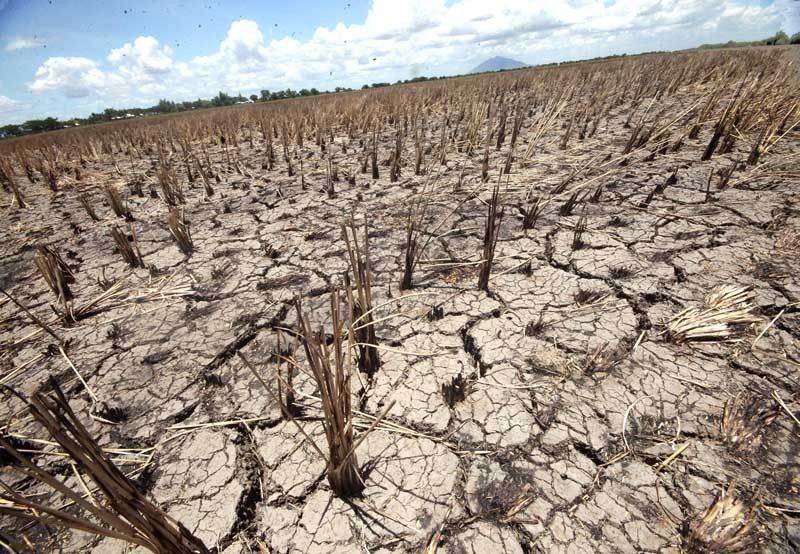
By Fatima Saka
In an effort to save the earth, the Federal Government of Nigeria has emphasized on the need to protect the environment and revive agricultural landscape from drought and desertification in order to ensure food security and sustain a healthy ecosystem for the future generation.
Added that this call for movement to reverberate with the Tinubu administration’s which aimed at sustainable development and environmental stewardship.
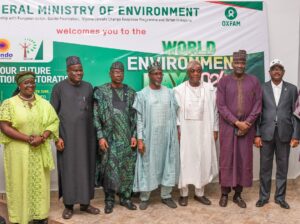
Minister of Environment, Malam Balarabe Abbas Lawal highlighted this on Wednesday at the Commemoration of the World Environment Day in Abuja.
He reiterated that Nigeria, like many other countries around the world, is facing significant environmental challenges. “Our land resources are under immense pressure from a variety of factors ranging from deforestation, unsustainable land management practices and the adverse impacts of climate change.
Emphasizing on this year’s theme ” Land Restoration, Desertification and Drought Resilience”, the minister stressed that these challenges not only threaten the health and well-being of the people but also jeopardize the sustainability of the ecosystems and the prosperity of future generations.
“Our Semi-Arid and Sahel regions are characterized by land degradation, drought, and desertification and in turn exacerbate poverty and food insecurity within the society.
“These factors also contribute to joblessness, social unrest and conflict in these areas. Therefore, we must collectively take decisive actions capable of reversing these trends and build a more sustainable future before it becomes too late.”
In mobilizing for the nature and future of Nigerians, Minister of State for Environment, Dr. Iziaq Adekunle Salako, outlined the preservation of biodiversity, nature-based solutions (NBS).
During his presentation, Dr. Salako reiterated that by appreciating the importance of living in harmony with nature are interventions that the use of nature and the natural functions of healthy ecosystems is to tackle some of the most pressing challenges of the environment.
According to the minister, they address key societal challenges through the protection, sustainable management and restoration of both natural and modified ecosystems, benefiting biodiversity and wellbeing.
“NBS is a vital tool for tackling climate change, nature and biodiversity loss, pollution and waste. It is a cost-effective pathway to our drive for generations restoration.
“A key driver of the NBS concept is The Kunming-Montreal Global Biodiversity Framework (KMGBF), adopted at Montreal, Canada in 2022 by 196 countries during the 15th Conference of Parties to the United Nations Convention on Biological Diversity.
“It is an ambitious, multifaceted plan to halt and reverse the rapid biodiversity loss that our planet is experiencing. The framework came against the background of dangerous “decline in nature threatening the survival of 1 million species and impacting the lives of billions of people worldwide.
“ It set out global targets to be achieved by 2030 and beyond to safeguard the sustainability of the world’s biodiversity.”
Kenneth Akpan, Coordinator, Climate Justice Project, Oxfam in Nigeria, emphasized that the project would support the government to solve the global climate crises at the grassroot, Local, states, National, regional and global levels.
He called for government institutions and Non-governmental entities to work together to support government policies particularly the Renewed Hope Agenda of Mr. President as domiciled in the Environment sector.


